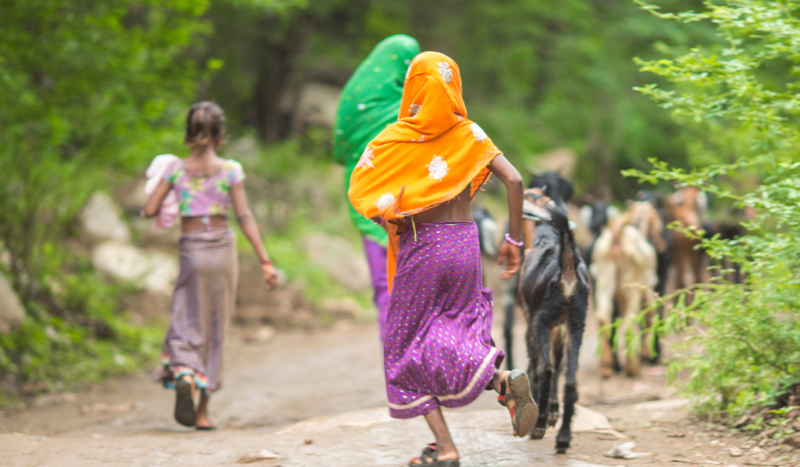
Adobe Stock
CV NEWS FEED // The Kerala High Court has granted “temporary relief” to more than 600 Catholic families in southern India by halting a Muslim charity’s efforts to evict them from land the families legally purchased 40 years ago.
The court, on Dec. 10, stayed the dispossession and directed the families to file a civil suit to assert their ownership rights, UCA News reported.
The dispute involves the Kerala Waqf Board, which claimed the land as Waqf property — land designated for Islamic charitable purposes — despite the families having legally acquired it between 1988 and 1993.
The affected villagers are from Munambam in Ernakulam district under the Latin Rite Kottapuram diocese. They have been protesting and seeking government intervention for the past couple months.
The Kerala Region Latin Catholic Council (KLRCC) argued that the Waqf Boards “acted in an arbitrary manner and without due process of law,” using the broad powers granted by the Waqf Act of 1995 to claim lands that they believe have no legitimate connection to the Muslim community.
The Waqf Act of 1995 is an Indian law that governs and regulates Waqf properties, which includes land or other assets donated by Muslims for educational or charitable purposes in accordance with Islamic law.
The court clarified that the issue is “essentially a land dispute” and emphasized that a civil court must resolve ownership, granting interim protection until the matter proceeds further.
Leaders from the Catholic Church, including bishops and a cardinal, have expressed solidarity with the families and called for a permanent resolution, according to UCA news.
According to Vice President of KRLCC Joseph Jude, the families purchased the land from a local Muslim institution, paid the prevailing market price, and complied with all legal requirements, including paying taxes until 2022. At that time, according to Jude, governmental authorities started refusing to accept their submission of taxes, abruptly contending that the land belonged to the Waqf Board.
“They indeed purchased the land from a local Muslim institution,” Jude said, “but that does not mean it was Waqf property.”
Jude said that the recent court decision has granted “temporary relief to the villagers, who have been on an indefinite protest for the past two months.”
The court has posted the case for further hearing on Dec. 17.

